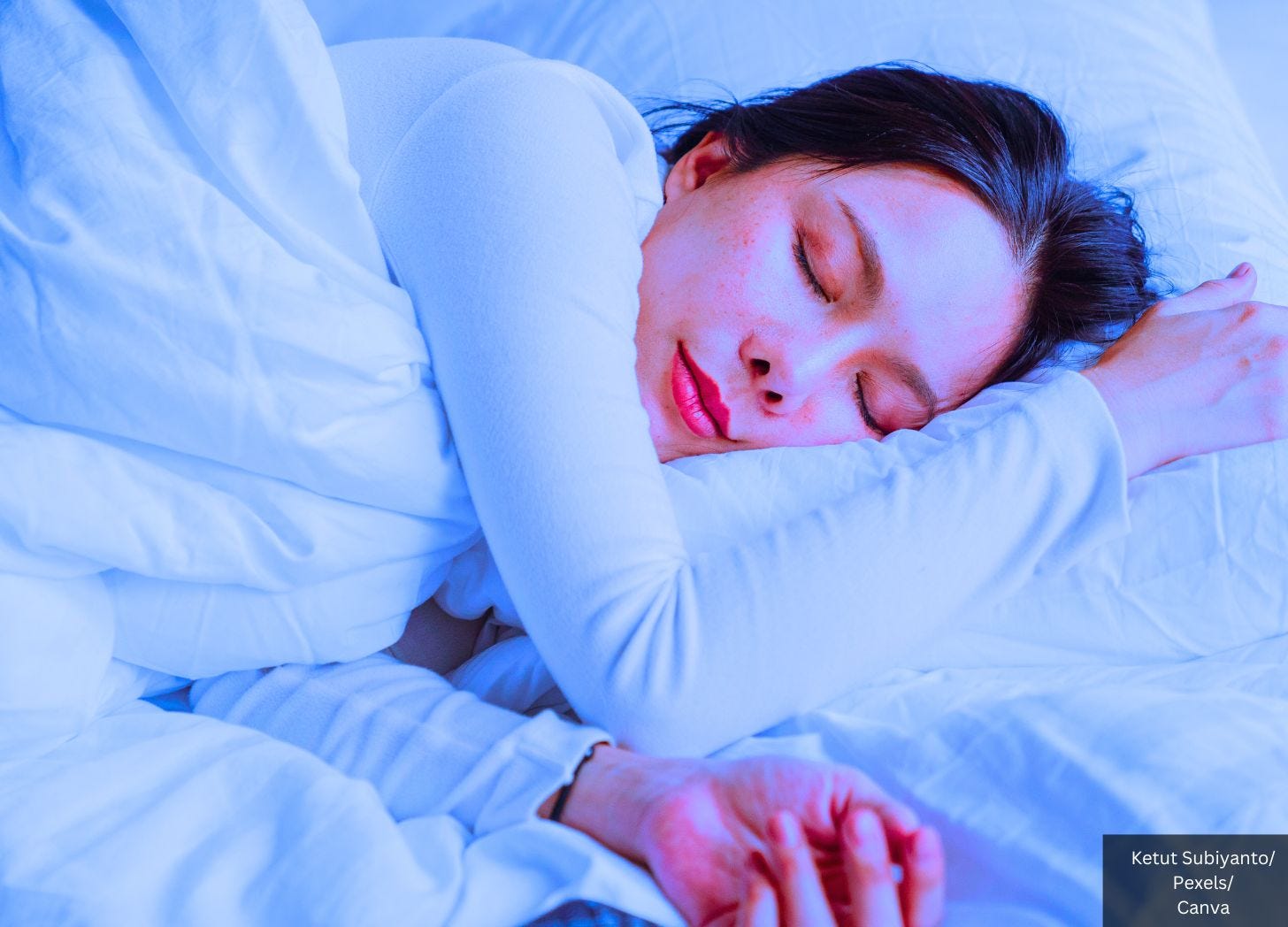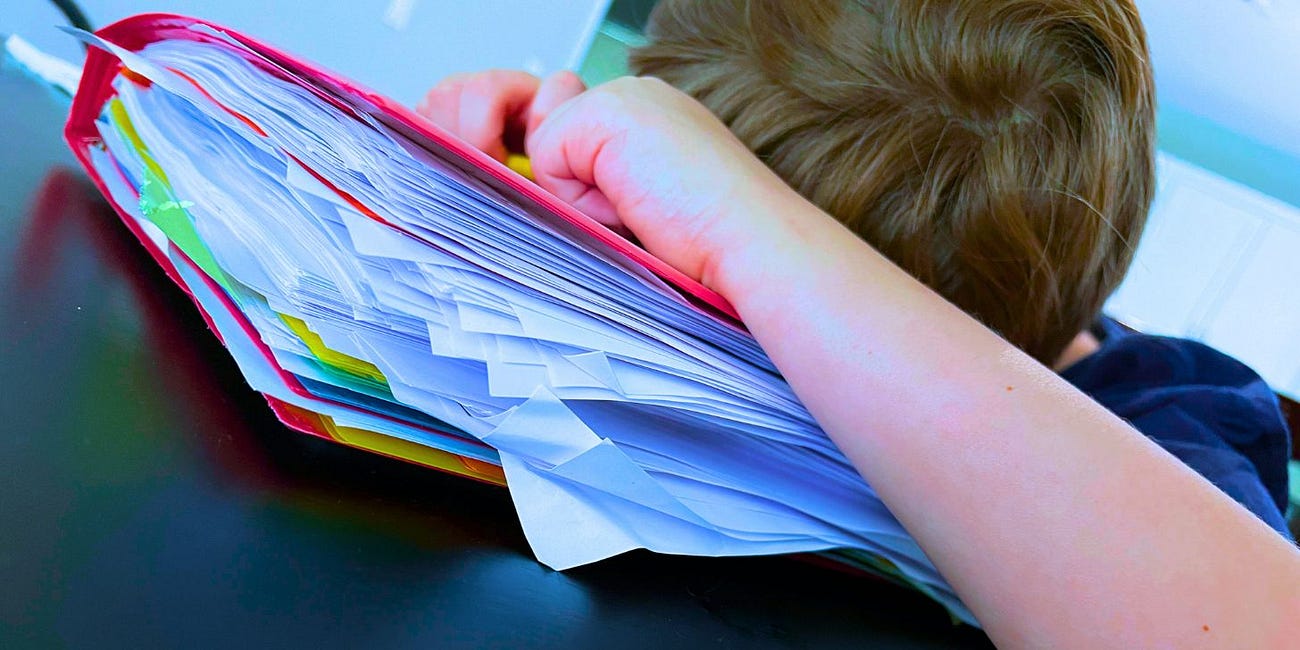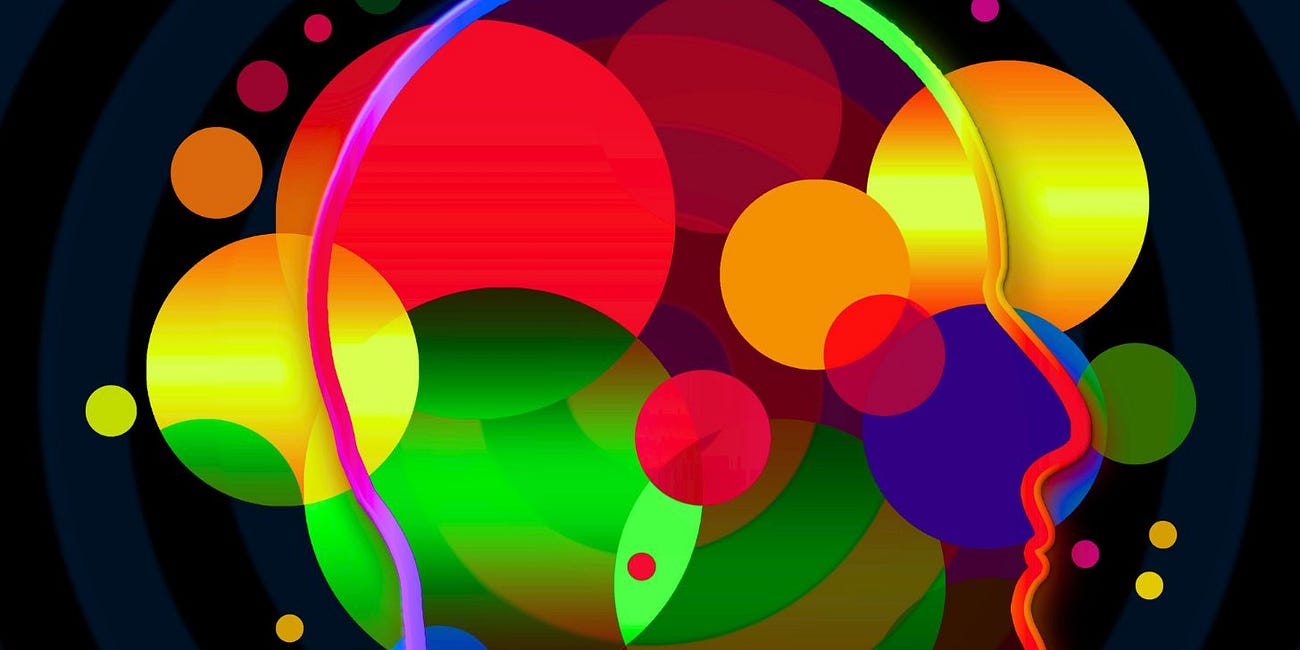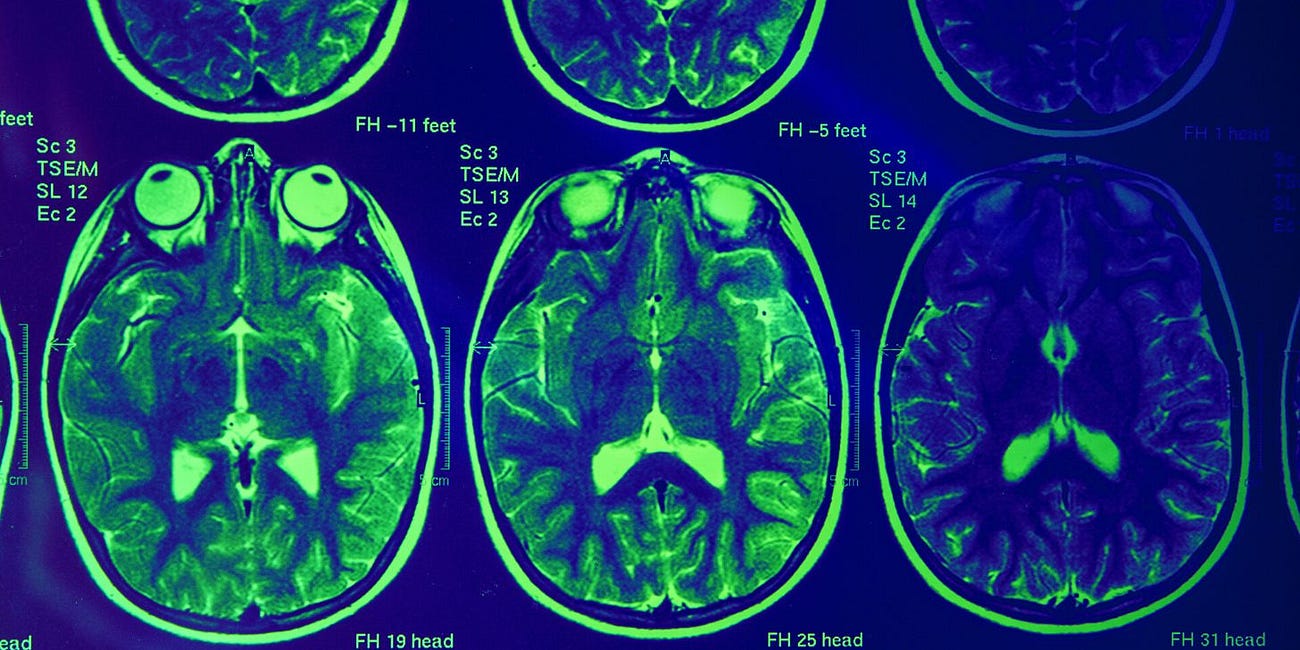'Concerning Incidence' of Sleep Disorders Following COVID-19 Jab: Journal 'Clinical and Experimental Vaccine Research'
Patients "had no sleep disorders prior to taking the vaccine," but half ended up suffering "excessive daytime sleepiness" after being injected.
A new study published last month in the international, peer-reviewed, open-access journal Clinical and Experimental Vaccine Research confirms a link between the COVID-19 jab and narcolepsy, sleep paralysis, hallucinations, and repeated interruptions or awakenings during the night.
Follow Jon Fleetwood: Instagram @realjonfleetwood / Twitter @JonMFleetwood / Facebook @realjonfleetwood
The study aimed to investigate the relationship between COVID-19 injections and the incidence of narcolepsy symptoms in the Jordanian population.
Narcolepsy is a chronic neurological disorder characterized by excessive daytime sleepiness and sudden, uncontrollable episodes of falling asleep.
It’s worth noting that Pfizer Inc.’s safety data—only made available by order of a Texas federal judge, denying the company’s plea to keep the data hidden for more than 75 years—show the company was aware that sleep disorders were linked to their COVID shot by February 2021.

The new study used a descriptive, cross-sectional, online self-administered survey conducted between December 2022 and May 2023.
The survey targeted males and females above the age of 18 years who took any type of COVID jab and had no chronic diseases.
Significantly, patients “had no sleep disorders prior to taking the vaccine.”
A total of 873 participants were included in this study.
Most participants (79.8%) received two vaccine doses, the Pfizer shot being the most commonly administered (58.6%), followed by Sinopharm (28%), AstraZeneca (6.3%), and a mixed vaccine regimen (7.1%).
Most participants (68.8%) had received their first dose more than a year ago, while 25.7% received it within 7–12 months, and 5.5% received it within 6 months.
Significantly, nearly half of the participants reported excessive daytime sleepiness.
“Approximately half of the participants (48.7%) reported experiencing excessive daytime sleepiness,” the study reads. “Among those with excessive daytime sleepiness, the distribution of vaccine types taken showed a slightly higher prevalence of Pfizer (50.6%) and Sinopharm (48.8%) vaccines.”
Two in 10 participants reported experiencing sleep paralysis (20.4%) and hypnagogic hallucinations (15.7%).
Additionally, sleep attacks (suddenly becoming overwhelmingly sleepy) were reported by 25.1% of the participants.
Those experiencing sleep attacks showed a slightly higher prevalence of Pfizer (27.5%) and Sinopharm (25.4%) jabs.
Finally, fragmented nighttime sleep was reported by 42.3% of the participants.
Those with fragmented sleep showed a higher prevalence of Pfizer (44.9%) and Sinopharm (43.0%) shots.
The study authors believe the COVID vaccine is possibly to blame for these sleep disorders, confirming their findings “revealed a notable occurrence of narcolepsy symptoms among vaccinated individuals.”
“We hypothesize a possible link between COVID-19 vaccination and the emergence of narcolepsy symptoms in Jordanian individuals,” they write.
“In our study, we observed a concerning incidence of narcolepsy symptoms following COVID-19 vaccination. These findings are significant and warrant further investigation into the potential association between COVID-19 vaccines and narcolepsy.”
You can download the full study below:
Follow Jon Fleetwood: Instagram @realjonfleetwood / Twitter @JonMFleetwood / Facebook @realjonfleetwood
Pandemic Lockdowns Cause Abnormal Emotion, Behavior, Sleep, Eating Habits, Academic Performance in Children: Journal 'Cureus'
A new study published Tuesday in the peer-reviewed journal Cureus confirms poor health and academic outcomes in children result from pandemic lockdown measures.
Increased Psychiatric Disorders Following COVID Jab: Nature's 'Molecular Psychiatry' Journal
A new study published this month in Nature’s Molecular Psychiatry confirms an increased risk of psychiatric disorders following COVID-19 vaccination.
University Students: 25% Believe COVID Vaccines Are Chipped, 40% That Mask-Wearing Is Socio-Political Control, 40% in Mind Control, 20% in Chemtrails, 8% in Flat Earth ('Frontiers in Psychology')
A new study published this month in Frontiers in Psychology revealed several significant mental health effects that COVID-19 lockdowns imposed on university students, as well as the group’s acceptance of so-called “conspiracy” theories.
Autoimmune Brain Inflammation with 'Psychiatric Manifestations' Following Pfizer COVID-19 Injection: New Case Report in 'Archives of Clinical Neuropsychology'
A new case report published Saturday in the peer-reviewed journal Archives of Clinical Neuropsychology confirms a diagnosis of autoimmune encephalitis following injection of Pfizer Inc.’s mRNA SARS-CoV-2 shot.









Quite frankly, it’s far simpler to list what illnesses, syndromes, etc, are NOT caused by these poison shots! At this point it looks like the only thing it doesn’t cause is ingrown toenails!